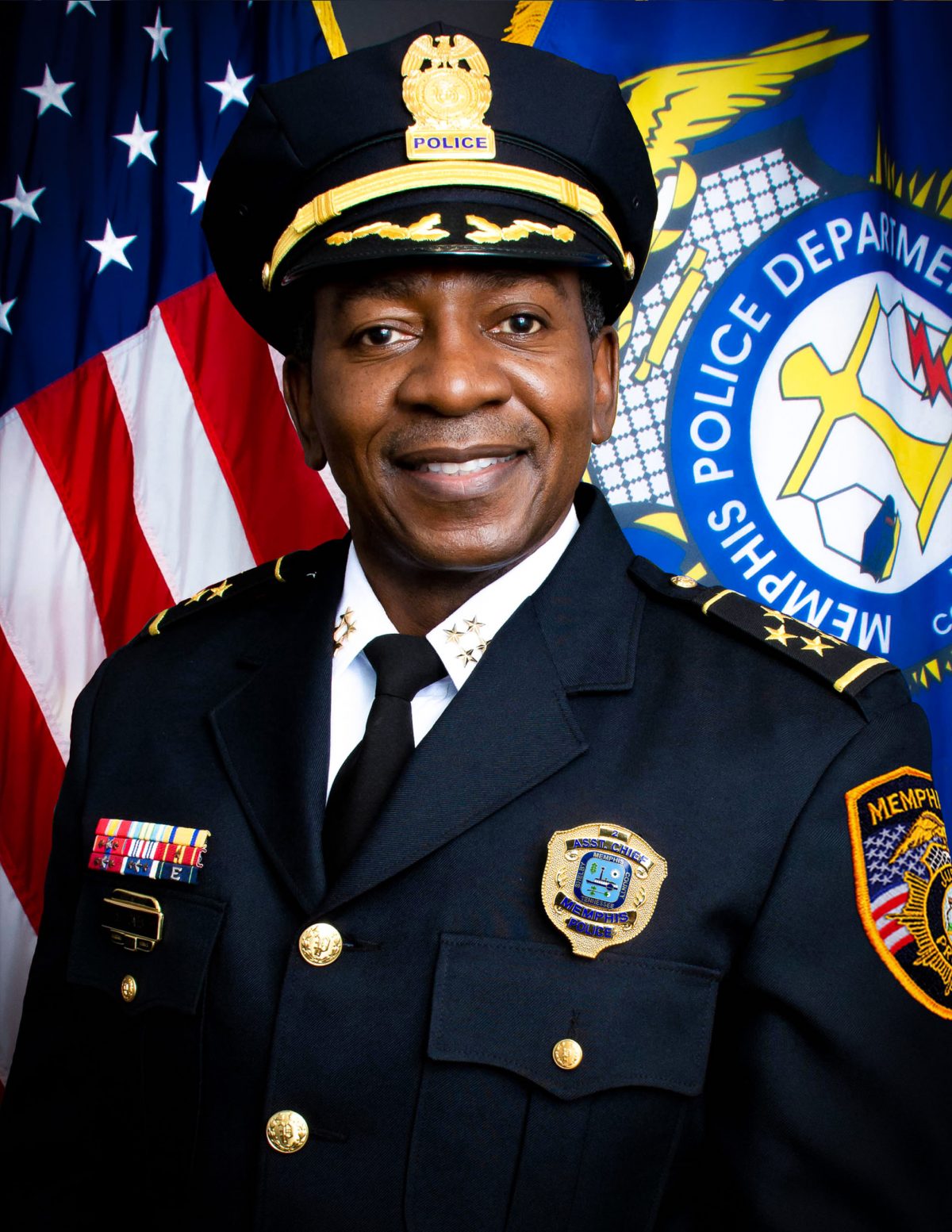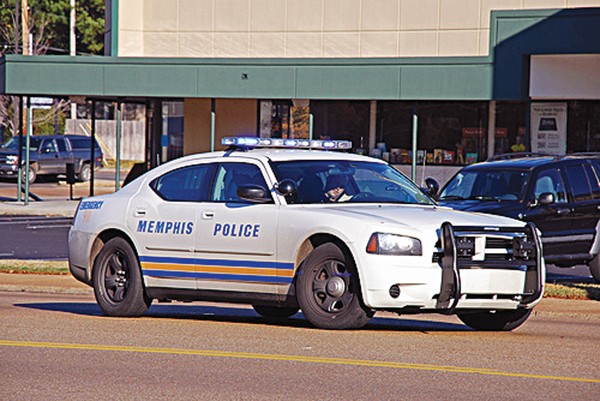The Memphis Police Department has parted ways with Shawn Jones, former Assistant Chief of Police Services.
Interim Chief Cerelyn “C.J.” Davis and Mayor Paul Young held a press conference at City Hall on Monday night to make the announcement. Young mentioned that Jones had been the “subject of conversation,” over the past week, and that they wanted to inform the public that Jones had been let go.
“It was not due to any issues or concerns around residency,” Young said. “It’s really just overall just looking at the broader direction of the department, and we believe that he’s done great work for the city, but it’s time for him to move on.”
Earlier this month it was revealed that Jones’ reported primary residency was in Georgia. However, Young said due to recent changes in Tennessee law, this wasn’t a violation, and that his decision was based on what’s going to “take MPD to the next level.”
House Bill 0105 was passed and went into effect in April 2022. Under this legislation, local government is not allowed to enact penalties or repercussions on first responders because of where they live.
Young said anytime he needed Jones he was present, and Davis said he came to the office every day and took “very few days off.” She also said he had a residency in Harbor Town, and that his role was not a permanent one.
“The role in [the] Memphis Police Department requires a lot of hours and we all work a lot of hours — not just during the week but also on the weekends. He was fulfilling that role just like any of my other employees,” Davis said.
She also said Jones was hired as someone who was familiar with the way she liked to operate, and it was not intended that he was to live in the city permanently.
Young emphasized that since he’d taken office, there had been conversations regarding “morale” of the force and other internal issues. During these talks, Young said Jones’ name would repeatedly be brought up. He continued to assert that his decision was not based of of Jones’ residency in Georgia.
“I think he was making moves and taking actions that were necessary, but it also caused some conflict,” Young said.
Davis said Jones was responsible for administrative duties such as training, investigation services, and “financial aspects” of the department.



 Facebook/MPD
Facebook/MPD